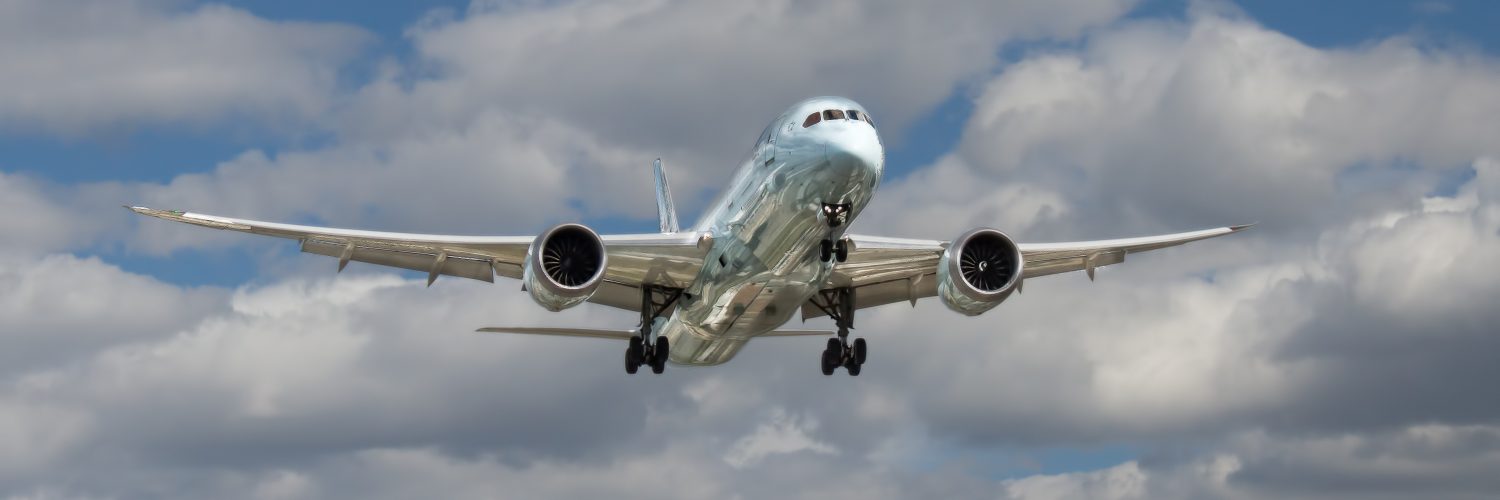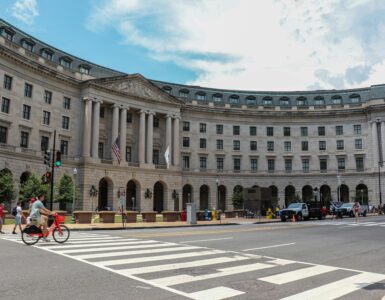The $13 billion Mexico City International Airport project, officially named the Benito Juárez International Airport, was controversially brought to an end in the middle of construction.
Throughout his campaign, Mexican President-elect Andrés Manuel López Obrador said he would cancel the airport project and aimed to replace it with a smaller project.
The project was slated for completion in 2022, and was set to include two more terminals, two more satellite buildings and six runways.
“He kind of backed himself into a wall,” Marco López, Intermestic Partners founder and CEO, said. “Once he was elected, a lot of the folks who voted for him were seeking some clarification as to if indeed he was going to cancel the project or not.”
The ambitious project was nixed after he held a referendum and voters decided to favor the president-elect’s intent. The referendum allowed the voters to be responsible for the cancelation rather than the president-elect.
The peso fell to about 20.02 on the dollar once the decision was made after the referendum.
The other proposed option is to add additional runways to an old military installation although the original project was “more than 30% complete and has secured financing for close to USD $8.7 billion of its total USD $14.6 billion budget from international investors and institutions,” López said in a blog post.
However, he said no thorough planning has been conducted and “civil engineers and experts have said that you can’t have simultaneous operations in this new scheme of this old airbase and the current Mexico City airport because the airports are parallel to one another, so planes could basically run into one another because they’re on the same parallel.”
Although a majority of the voters chose to scrap the original project, the project could have strengthened Mexico’s trade relationships.
According to CAPA Centre for Aviation, the Benito Juárez International Airport is the second busiest airport in Latin America by passenger numbers.
It is also the third busiest by cargo traffic.
Enhancing an airport can improve its trade abilities and economic growth.
According to Arizona-Mexico Economic Indicators, Mexico is Arizona’s top trading partner as it accounts for about 30 percent “of all Arizona’s exports to foreign markets.”
In September, Arizona had more than $590 million worth of exports to Mexico and more than $600 million worth of imports.
Lopez explained that Arizona is a hub for cargo imports and exports with Mexico, specifically the SkyBridge Arizona at the Phoenix-Mesa Gateway Airport.
“What sets us apart in Arizona is our ability to attract, consolidate and ship goods from our space to Mexico via Mesa, via the infrastructure at our Gateway Airport project,” López said.
A “modern, more capable” cargo facility in the new airport would have benefited Arizona in attracting, consolidating and shipping goods, according to López.
He said, “that ease of being able to ship right into that market just becomes a little more complicated because now you have to look for airports in and around there that can accommodate cargo airplanes.”















Add comment